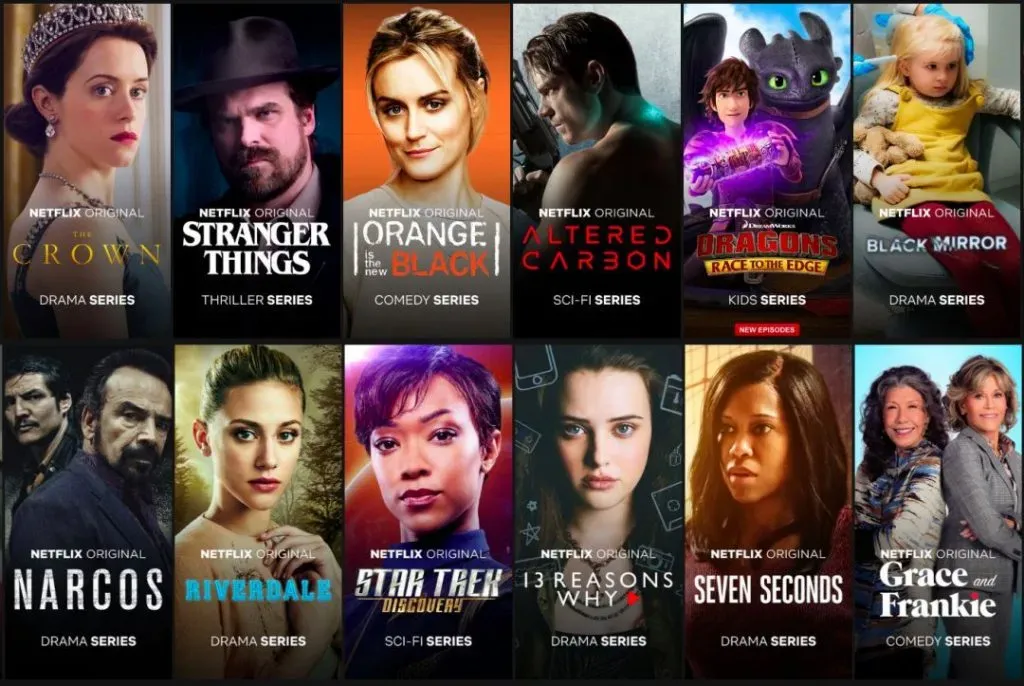The American Eagle jeans controversy has stirred up significant debate online, particularly surrounding its latest campaign featuring actress Sydney Sweeney. Critics have alleged that the campaign, with its seemingly innocuous line about Sweeney’s “great genes,” echoes troubling themes related to eugenics and whiteness in marketing. With a focus on a blonde, blue-eyed star, many have taken to social media to voice their concerns, dubbing it a form of teen fashion criticism that panders to outdated ideals. The backlash comes at a time when Gen Z consumer behavior is heavily influenced by the scrutiny of corporate ethics and social responsibility. As discussions grow hotter, it becomes evident that American Eagle is caught in a complex web of advertising strategy and cultural critique, raising pressing questions about the intersection of beauty standards and commercial messaging.
The recent controversy surrounding American Eagle’s denim campaign has ignited discussions about the implications of representation in fashion marketing. By featuring Sydney Sweeney, the campaign prompted reflections on how brands evoke imagery associated with eugenics and traditional ideals of beauty. This incident highlights a broader critique of teen fashion, particularly as it interacts with societal perceptions of race and gender. As the youthful demographic increasingly demands transparency and authenticity, the dissection of such advertising strategies reveals shifts in Gen Z consumer attitudes. Consequently, this spotlight on American Eagle urges a reevaluation of whiteness and its enduring influence across advertising channels.



